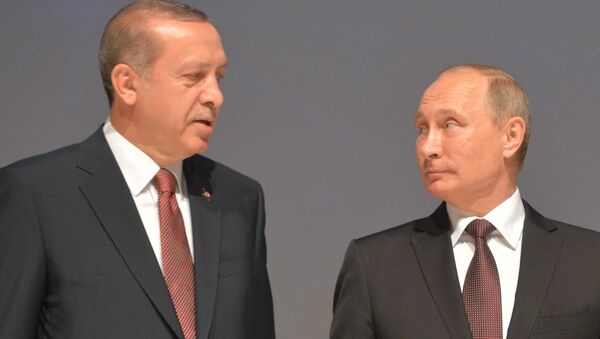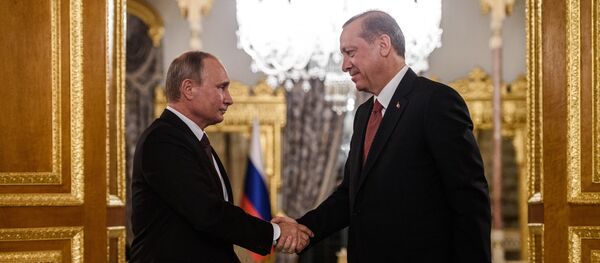"We are at full speed to normalize relations," Erdogan was quoted as saying after the meeting.
According to Norwegian state broadcaster NRK, which investigated the reasons behind the "bromance" between Putin and Erdogan, Turkey felt abandoned by the West. When terrorists' bombs struck Ankara and Istanbul, no wave of sympathy came from Europe, in stark contrast to attacks in Paris, Brussels or Nice. President Putin, however, telephoned his Turkish colleague to demonstrate his support.
Turkey is in turn deeply critical of the US and NATO, which work closely with Kurdish forces. NATO, of which Norway is a loyal member, is providing combat assistance to train up the Kurdish Peshmerga army, which are Erdogan's "archenemy," Norwegian newspaper Aftenposten pointed out. Many of the Turkish military and diplomats who have worked closely with the US, NATO and the EU, have been arrested or fired.
Meanwhile, Turkey has the largest army of NATO member states in Europe, which numbers up to 640,000 active soldiers. In September, NATO Secretary General Jens Stoltenberg visited Istanbul amid European concern to ensure that things remained as before between NATO and Turkey.






